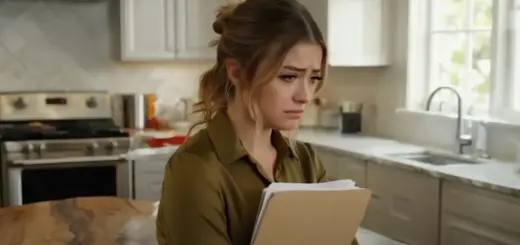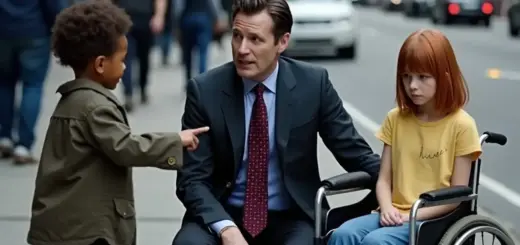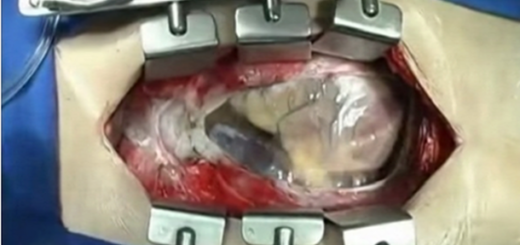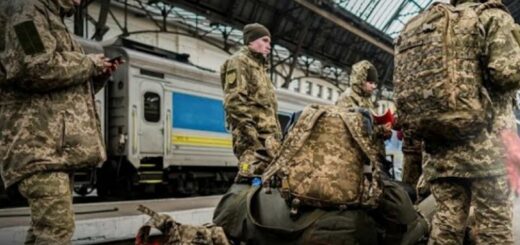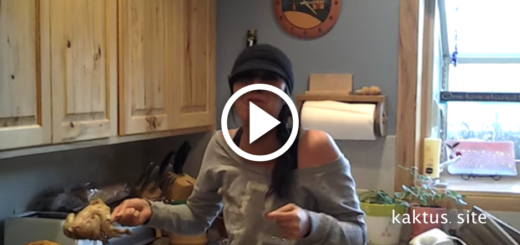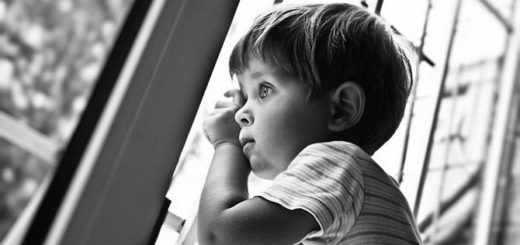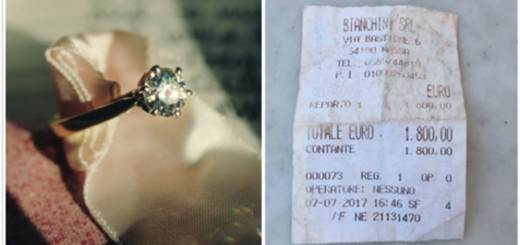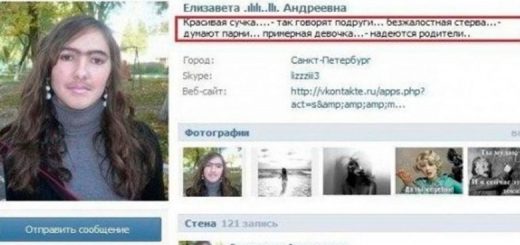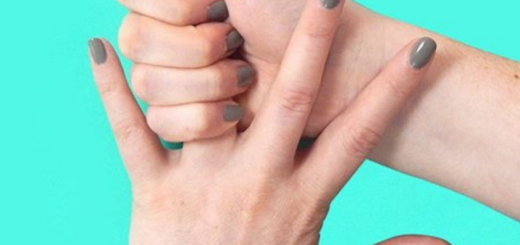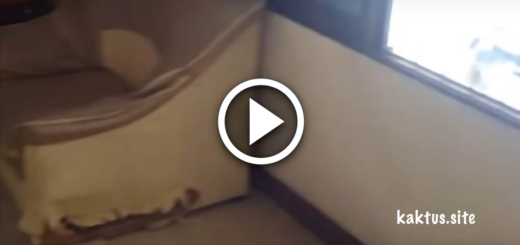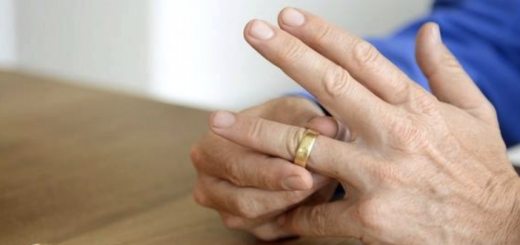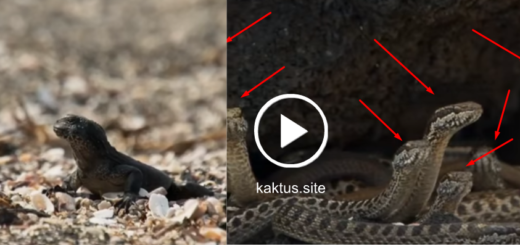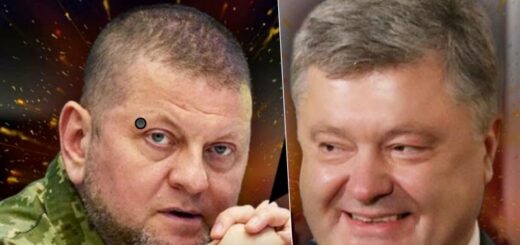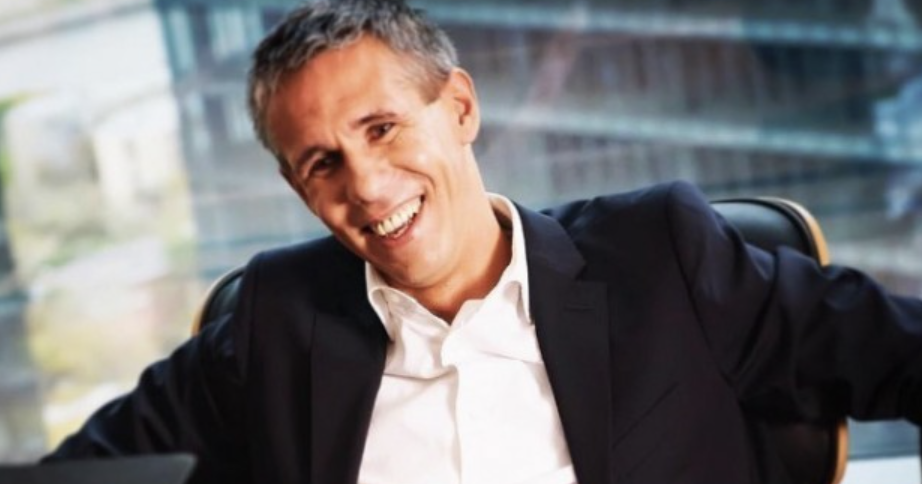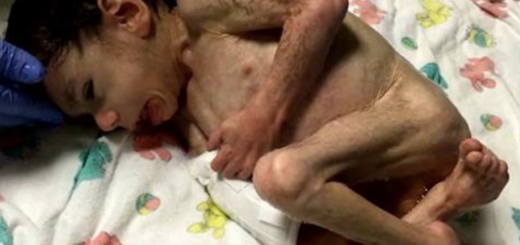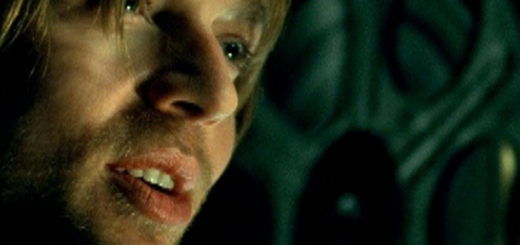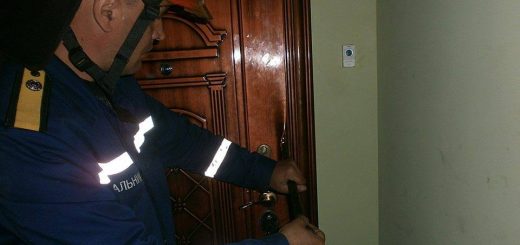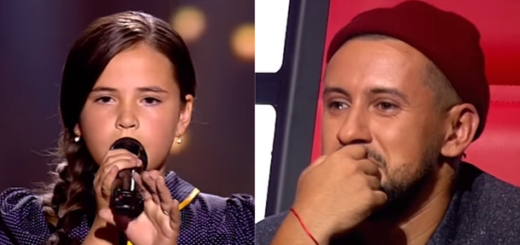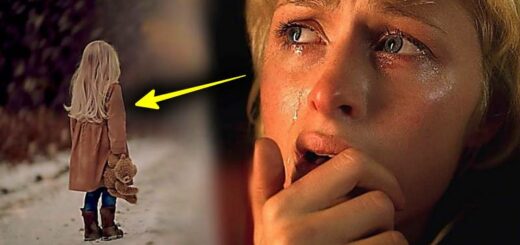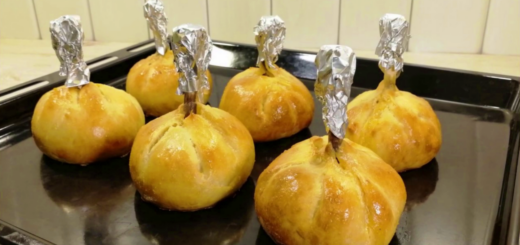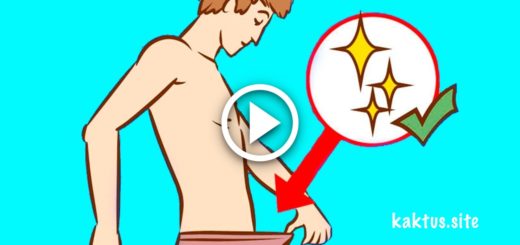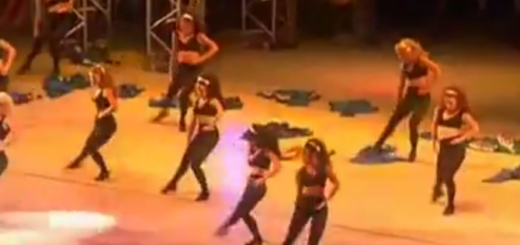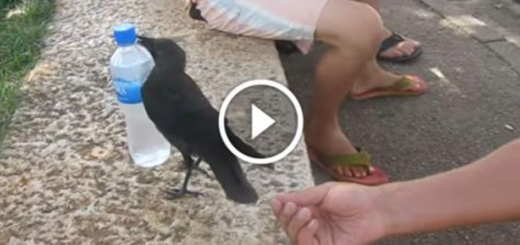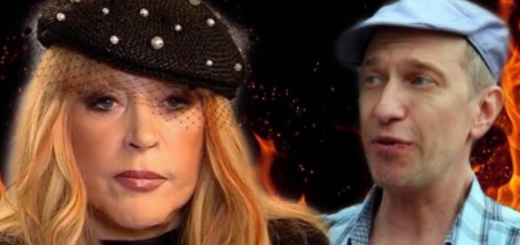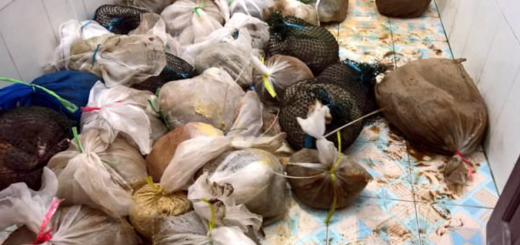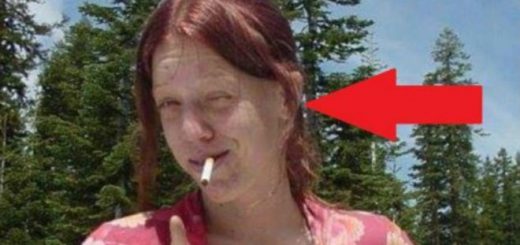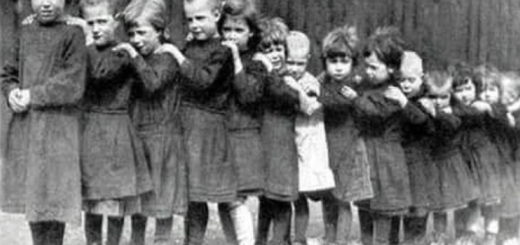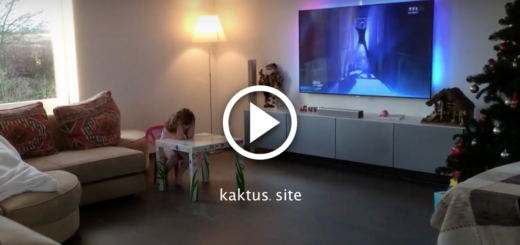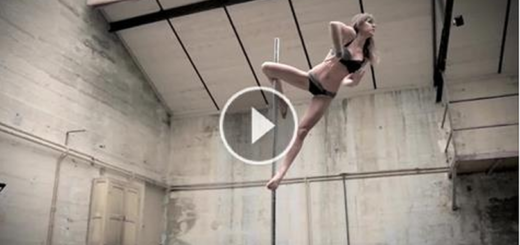Julian stared at them, a strange, heavy sensation expanding in his chest—an ache he couldn’t name. He had seen and done so much in his life. He had won boardroom battles, built an empire from the ground up, and amassed a fortune that could last lifetimes. But nothing—absolutely nothing—had ever made him feel like this. He leaned forward and gently readjusted the blankets around the infants, his movements careful and tender.
– “You’re safe now,” he whispered, the words meant more for himself than for them.
The ambulance jolted down the slick streets, its sirens clearing a path through the city. Snow slapped against the windows, but inside, the only sounds were the soft beeping of monitors and the faint, shallow breathing of the boy and the tiny babies. Julian sat there, the important meeting forgotten, his meticulously scheduled life suddenly irrelevant. His world had been reduced to these four souls.
For the first time in decades, he had a moment of profound clarity. Money couldn’t fix the world’s deepest wounds. But maybe, just maybe, compassion could. As he looked at the boy’s small, exhausted face, he made a silent, unbreakable promise.
– I won’t walk away from you. Not this time.
The ambulance screeched to a halt at the emergency entrance of Northwestern Memorial Hospital. Doctors and nurses converged, armed with warm blankets and wheeled bassinets. Julian stayed right beside them, his presence a silent, protective shadow as they wheeled the boy and the triplets through the sliding glass doors.
Inside the emergency room, the fluorescent lights were blindingly bright, and the air carried the sterile scent of antiseptic. The medical staff moved with urgent grace, checking the babies’ respiration, taking the boy’s temperature, and swaddling them in layers to combat the severe cold. Julian stood in the doorway, a spectator to the life-saving ballet, feeling utterly powerless. Minutes stretched into what felt like hours.
Finally, a doctor approached him. He was an older man with weary, but kind, eyes.
– “Are you their family?” the doctor asked.
Julian hesitated for a beat.
– “No,” he said, his voice quiet. “I just found them.”
The doctor gave a slow nod, his gaze shifting back toward the boy.
– “He’s not their father, you know. He’s just a child himself. Homeless, from what our initial assessment suggests.”
Julian felt his chest constrict.
– “But he was carrying them,” he murmured, almost to himself. “He was holding them like they were his own.”
The doctor offered a sad, knowing smile.
– “Sometimes the people who have the least to give are the ones who give the most.”
Julian looked through the glass panel of the treatment room. The boy was lying on a hospital bed, shivering beneath a mountain of thick blankets. The triplets were now nestled in individual incubators beside him, their tiny chests rising and falling in a steady, reassuring rhythm. Even in his exhausted, semi-conscious state, the boy’s arm was outstretched, his fingers blindly searching until they made contact with the edge of one baby’s isolette. He was still protecting them, even in his sleep.
A profound realization washed over Julian. It wasn’t pity he felt, nor was it the detached sense of duty that fueled his philanthropy. It was something far more potent. It was respect. And with it came a fierce, unshakeable resolve to ensure that this boy and these babies would never feel the sting of abandonment again. Not ever.
Julian sat in the sterile hospital corridor, his head in his hands. The frantic energy of the ER swirled around him, a chaos of hurried footsteps and hushed, urgent voices, but he was oblivious to it all. His mind had retreated to a place he rarely dared to visit. He was traveling back to his own childhood.
He remembered the bitter cold of nights spent on a lumpy mattress in a dingy apartment. He remembered the gnawing hunger that was a constant companion. He remembered sitting at the window, waiting for a mother who would never return, and for a father who was too lost in a bottle to notice he was gone. He had been a boy just like the one in that room. Alone. Forgotten. Invisible.
No one had run through the snow for him. No one had wrapped him in a warm coat or whispered, “You’re safe now.” He had survived by building walls around his heart, fortresses so high and thick that no one could ever get in. And now, decades later, here he was. A man with more wealth than he could ever spend, sitting helplessly outside a hospital room, watching a small boy who had fought for three lives that weren’t his own.
The sting of unshed tears burned his eyes, and he quickly wiped them away. He had sworn to himself long ago that he would never be weak again. That he would never need anyone. That he would never allow himself to feel this kind of raw, aching vulnerability. But seeing that boy—so small, so impossibly brave—had shattered something deep inside him. A part of him he thought was lost forever. He saw it clearly now. He hadn’t just built a corporate empire; he had built a life devoid of genuine connection. And it was profoundly empty.
Leaning back in the uncomfortable plastic chair, Julian stared at the acoustic tile ceiling. For the first time in years, he allowed the memories to surface. He allowed the pain to wash over him. Because he understood that confronting it was the only path to change. And deep in the core of his being, he made another promise.
– I will not leave them the way I was left. I will not let them be alone.
The next morning, the hospital cleared them for discharge. The boy was still weak but was now conscious and alert. The triplets, swaddled in soft, new hospital-issued blankets, slept soundly. Julian handled all the paperwork. He didn’t hesitate. He didn’t consult his lawyers or his advisors. When a social worker asked where he planned to take them, his answer was simple and direct.
– “Home.”
The black sedan was waiting at the curb. Julian carefully helped the boy into the back seat before carrying the triplets, one by one, and securing them in brand-new car seats he’d had his assistant purchase overnight. He sat between them for the entire journey, a protective presence, ensuring the boy didn’t drift off again. They drove through the bustling streets of downtown Chicago. Skyscrapers, flashing billboards, and crowds of people rushed past the windows. But inside the car, a bubble of quiet safety had formed.
Finally, the car turned onto a long, private driveway flanked by snow-laden pines. At the end of it stood a sprawling stone mansion. With its white limestone walls, massive windows, and grand wrought-iron gates, it looked like a castle from a fairy tale. The boy’s eyes widened in disbelief. He instinctively pulled the triplets’ blankets tighter, a flicker of uncertainty on his face. This place was not for him.
Julian opened the car door and knelt in front of him.
– “This is your home now,” he said, his voice gentle. “You’re all safe here.”
The boy remained motionless at first. The sheer scale of the house was overwhelming, a world away from the alleys and shelters he had known. But then Julian smiled—a genuine, warm smile that reached his eyes—and held out his hand. Hesitantly, the boy reached out and placed his small hand in the man’s larger one.
Together, they ascended the wide stone steps. The heavy oak doors swung open with a soft, welcoming sound. Inside, the mansion had always been silent. There was never laughter. There were never voices. There were only cavernous halls and cold marble floors. Until now. The boy’s small footsteps echoed in the grand foyer as he walked inside, still refusing to be separated from the triplets. Julian followed close behind, watching them. The house was no longer empty. For the first time in a very long time, it felt alive.

